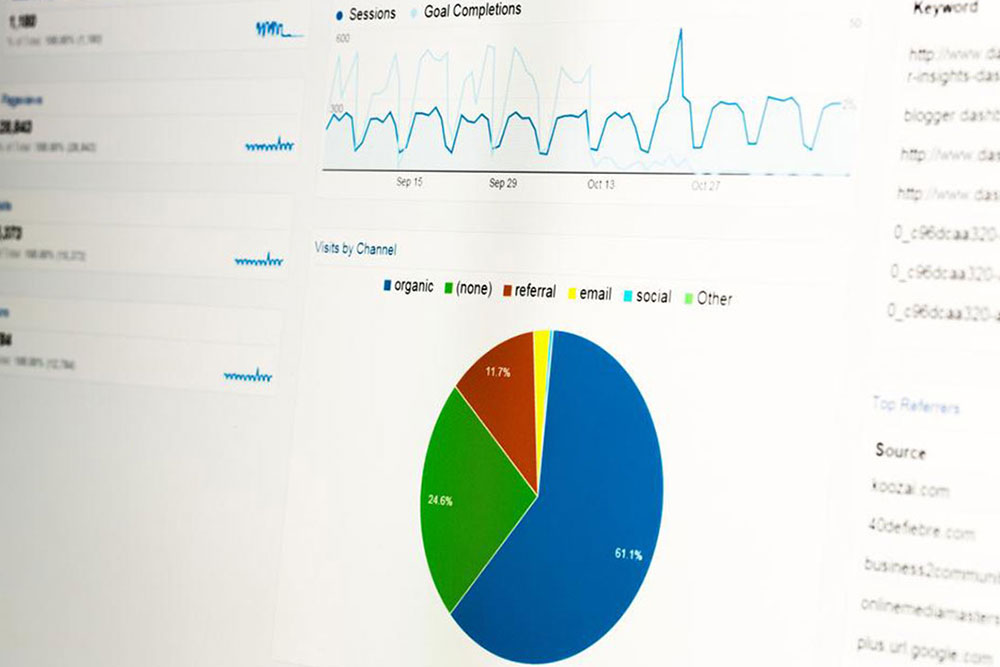Key Tips for Choosing the Perfect Data Analytics Course
This guide offers essential tips for selecting the best data analytics course, focusing on goal setting, curriculum review, skill assessment, course formats, and costs. It aims to help aspirants choose programs aligned with their career ambitions designed to ensure informed decisions for a successful data analytics journey.

KeyTips for Selecting the Ideal Data Analytics Program
Over recent decades, many companies have integrated big data into their workflows to gain insights, boost revenue, and enhance customer experiences. This trend has driven high demand for qualified data analysts in various sectors. As a result, numerous universities and training institutes now offer specialized data analytics courses. If you're aiming to build a career in this field, selecting the right course is your first step. Here are essential tips to help you choose the most suitable data analytics program.
Define Your Goals – Clarify your short-term and long-term objectives before starting. Knowing your career aspirations will help determine the specific skills and profiles you're targeting, such as data scientist, business intelligence analyst, or data engineer, guiding you to the right course.
This step involves researching various roles within data analytics to identify which aligns with your interests and strengths. Understanding these roles provides clarity on the curriculum you should pursue and the skills you need to develop for your chosen career path.
Examine the Curriculum Carefully – Review the course syllabus thoroughly before making a decision. Different programs focus on various skills and topics; some may be highly specialized, while others offer broad coverage. Determine whether the course emphasizes practical application or theoretical knowledge, and assess whether it aligns with your professional objectives.
Assess Your Skill-Level – Know your current capabilities and identify any gaps. For roles requiring specific expertise, such as proficiency in SQL or Python, select courses designed to strengthen these skills or bridge your knowledge gaps.
Consider Course Duration and Format – Courses vary from short-term certifications to full degree programs. Professionals may prefer part-time or online courses to fit learning into their schedules, especially if commuting or time constraints are factors.
Factor in Cost and Investment – Tuition fees differ across programs, with degree courses typically costing more than short-term certifications. Even so, evaluate whether the investment aligns with your career growth prospects. Financial aid options like scholarships, sponsorships, or loans may help manage expenses.
Important Notice:
The information on our platform covers various categories providing useful insights. While our team endeavors to present accurate data, users should verify details independently. We do not accept responsibility for discrepancies or updates across different sources. Additionally, some offers or schemes might not be included in our coverage but could be beneficial for prospective students.









